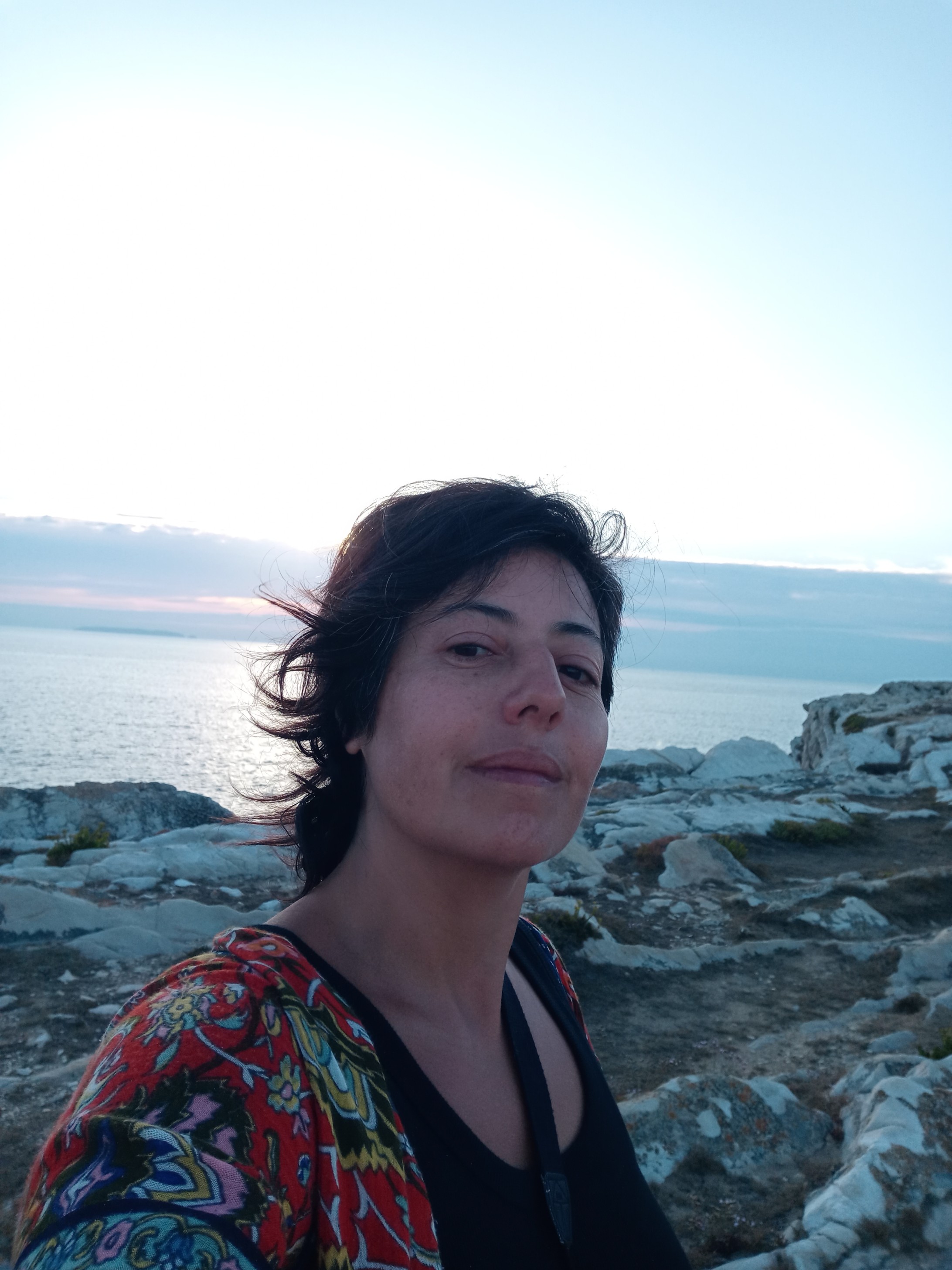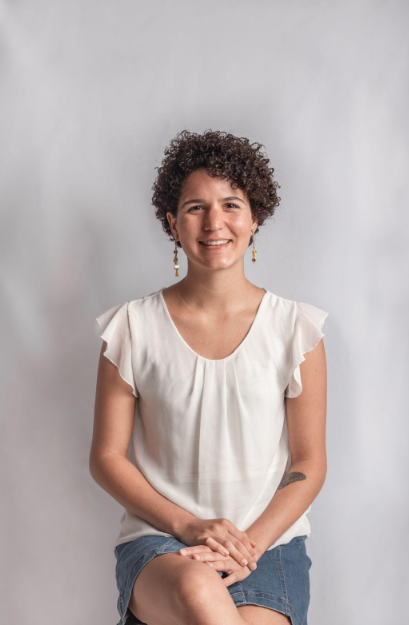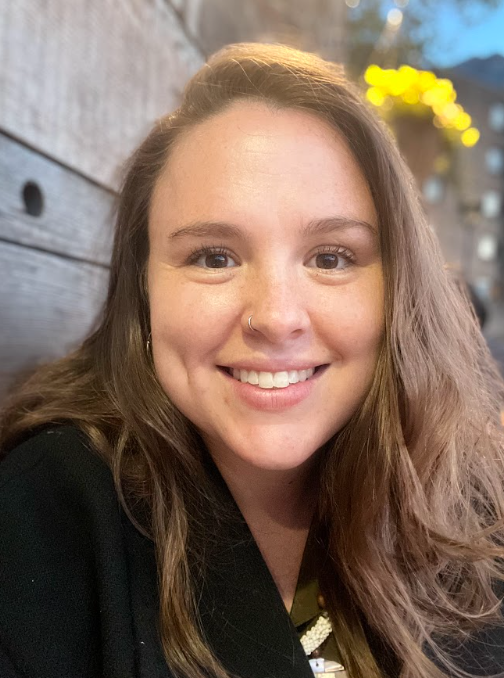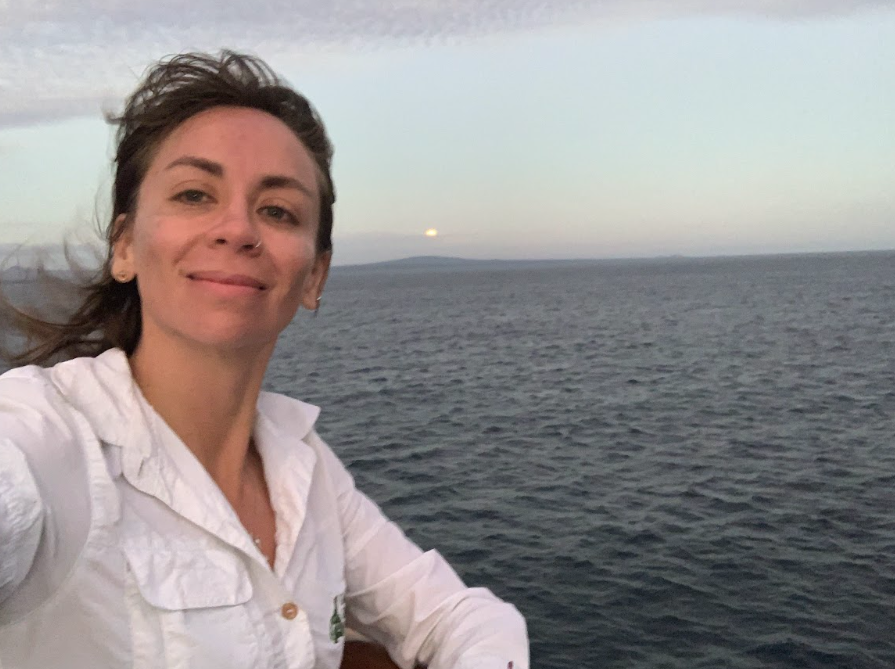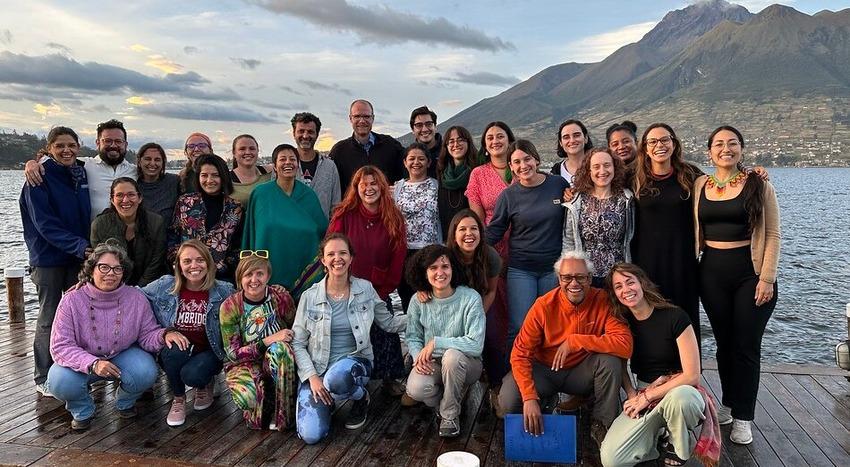
Project overview
The project will create a conservation leadership programme in Latin America. The programme’s aim is to empower local conservation leaders by legitimising traditional knowledge, being culturally and politically relevant, and intentionally promoting gender equity and wellbeing. This programme will be accessible and inclusive, will aim at addressing language justice and weave a strong regional network to sustain biodiversity conservation and build climate resilience in the region.
Project aims
The project aims to create inclusive leadership training in Latin America. The training will include a decolonisation perspective in relation to conservation practices and knowledge, local leaders empowerment particularly women and non gender conforming people, creating resilience by addressing wellbeing of people leading conservation work in Latin America.
Key activities
During the first year we will establish a working group to create the Latin America Conservation Leadership Programme across Ecuador, Colombia and Peru. This action will include identifying local experts, evaluating training necessities and developing curriculum. As we start co-creating educational resources there will be a focus on women in conservation and their work. This activity will take the shape of a podcast where diverse conservation strategies and people are portrayed. During the second year we will run a pilot programme that will include organising a knowledge exchange event among conservation leaders. The project will develop a communication strategy to assure the sustainability of the programme and support with fundraising.
Expected conservation impact
Create a supportive network of conservation leaders from Latin America, that promotes cooperative and resilient work to address conservation challenges. Amplify the voices of women, indigenous and community leaders in Latin America and make visible their experiences, shed light on their struggles, and showcase how they have led efforts of resistance and transformation. Through this work we aim at fortifying and amplifying biodiversity conservation in Latin America.
Expected outputs
Establish a decolonised regional Latin America Conservation Leadership programme. Create a knowledge exchange hub among Latin America conservation leaders. Co-create knowledge and communication material with women conservation leaders in the Global South. Support personal and professional well being of Latin America conservation leaders.
Project team
|
Mar Espinosa (2018-19) Project Lead I am a passionate advocate at the crossroads of social and environmental justice. Hailing from Ecuador, I am a biologist with a Master's in evolutionary biology and a MPhil in Conservation Leadership. My journey has taken me to regions where I have witnessed firsthand how socioeconomic disparities pose the greatest threat to our natural world. I recognize that communities living amidst biodiversity must have their basic needs met in order to champion conservation efforts effectively. My current endeavours revolve around championing human rights for these communities, ensuring their voices are heard and their livelihoods supported. I have collaborated with UNDP to craft sustainable financing strategies for protected areas, empowered coastal communities to safeguard marine ecosystems, and contributed to national circular economy initiatives with GIZ. Notably, I have facilitated conservation agreements fostering community-led nature tourism in post-conflict Colombian territories. At the nexus of biodiversity and gender issues, I have spearheaded initiatives to integrate family planning into conservation projects, promoting gender equality. In the Galapagos, I co-developed educational resources with local educators to combat gender-based violence. My approach is grounded in the belief that addressing social concerns is paramount to effective nature conservation. I bring to the table an intersectional, feminist perspective, acknowledging the invaluable wisdom of local knowledge. With a deep understanding of social inequities, I prioritise community well-being as the cornerstone of conservation efforts. My work is transdisciplinary, combining research, health, and education to support a just transformation to sustainability. My talent for forging connections among diverse stakeholders makes me an invaluable asset in establishing the envisioned Conservation Leadership program in Latin America. My unwavering commitment to integrating social issues into conservation practices promises to inspire meaningful transformation across the region. |
|
|
Evelyn Brítez Navarro (2020-21) Project Management Specialist Evelyn is a Paraguayan biodiversity conservation professional with forest restoration, stakeholder engagement and protected area management expertise. In her previous roles, she managed forest restoration and agroforestry projects, as well as a nature reserve in the Atlantic Forest. Additionally, she led the development of agroforestry project proposals as a consultant of the Federation for the Self Determination of Indigenous People (FAPI) and supported UNICEF Paraguay for the development of the country office report. Evelyn has contributed to mammal research in the Pantanal and Chaco regions. She has a strong interest in people and nature. Evelyn holds a Bachelor´s degree in Environmental Engineering and a Master´s Degree in Conservation Leadership. For her master´s degree dissertation, she researched how mindfulness could contribute to the leadership, well-being and performance of biodiversity conservation professionals. Evelyn is currently consulting for the food and agriculture sector as a project management specialist. |
|
|
Florencia Chiapero (2021-22) Programme Officer for Learning and Partner Development, Fauna & Flora Florencia is an Argentinian conservation biologist and educator. She has an intermediate degree in Social and Legal Sciences plus a Biology and a Teaching Degree, followed by an MPhil in Conservation Leadership. She has experience working as a field conservationist for different projects in Patagonia, particularly with small wild cats. She also has extensive experience in capacity building, especially on topics related to illegal wildlife trade. Florencia is currently the Programme Officer for Learning and Partner Development at Fauna & Flora, where she works on capacity building, e-learning design and delivery, facilitation, partnership building and organisational development. Florencia has over 7 years of teaching experience at university level and she founded and co-headed a science communication team working on community awareness and educational workshops about biodiversity conservation. She also has experience working in regional alliances as part of the Andean Cat Alliance and the Southern Cone of South America Conservation Chapter of the Society for Conservation Biology, which she presided over 2021-2022. Florencia has a strong background in capacity building and professional development at both local and international levels. She is a valuable asset for all things related to curriculum development and training strategies and approaches. |
|
|
Sol Espinosa Villagómez (2019-20) Senior Programme Officer, BirdLife International (BLI) and Regional Coordinator of the Pacific Plastic Science to Solution Network - Galapagos Conservation Trust (GCT) Sol is an Ecuadorian sociologist with an MSc in Culture and Society from the London School of Economics and an MPhil in Conservation Leadership from the University of Cambridge. She is deeply committed to advocating for a more integral, honest, and realistic inclusion of the social sciences in biodiversity conservation. Her goal is not only to improve our natural world but also to foster a more just, diverse, and multicultural society. With over a decade of expertise in the sector, particularly in marine conservation and governance, human security and gender, Sol's professional journey has led her to work with governmental bodies such as the Galapagos National Park, environmental consulting firms, universities (including the Catholic University of Ecuador, San Francisco University, University of Exeter, among others), and both local and international NGOs in Ecuador and the UK. Currently, Sol works for BLI, where she channels her expertise in social science to support BLI partners across the world in delivering conservation projects aimed at greater efficacy and rootedness. Additionally, she serves as the Regional Coordinator of the Pacific Plastic Science to Solutions network at Galapagos Conservation Trust. In this role, she provides technical support to the Galapagos National Park and other key actors to translate scientific insights into actionable decision-making processes for reducing the threat posed by marine plastic pollution within the archipelago. Sol's contributions to the project include her role as overseer of the module covering conservation, gender, and leadership. Her extensive experience in gender-related issues, decision-making, and research skills have enabled her to collaborate closely with women from various sectors, ethnicities, and socioeconomic backgrounds. Through this collaboration, she has recognized the significance of establishing safe spaces where women in leadership positions can openly share their challenges, triumphs, successes, and setbacks. She understands how this knowledge can serve to inspire, educate, and empower others facing similar or different circumstances to take action towards positive change. |
External collaborators
|
Ivan Basurto D.
|
Reactiva Studio, Founder / Strategic Creative Director
|

